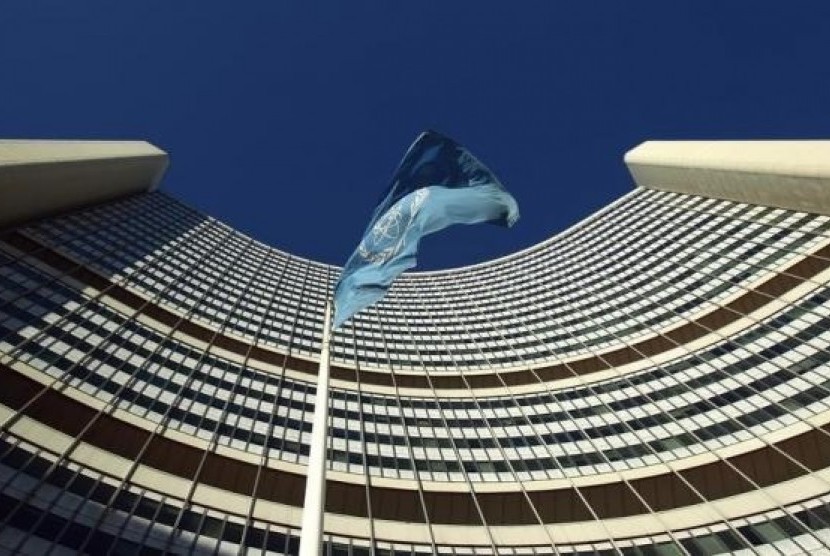REPUBLIKA.CO.ID, VIENNA - Iran has failed to address concerns about suspected atomic bomb research by an agreed deadline, the UN nuclear watchdog said on Friday, a setback to hopes for an end to an international stand-off over Tehran's atomic activity.
The lack of movement in an inquiry by the International Atomic Energy Agency will disappoint the West and could further complicate efforts by six world powers to negotiate a resolution to the decade-old dispute with Iran over its nuclear ambitions.
An IAEA report obtained by Reuters showed that little substantive headway had so far been made in the UN agency's long-running investigation into what it calls the possible military dimensions of Iran's nuclear program.
The Islamic Republic has implemented just three of five nuclear transparency steps that it was supposed to by Aug. 25 under a confidence-building deal it reached with the IAEA in November, according to the quarterly report. Crucially, it has not provided information on the two issues that are part of the IAEA's investigation: alleged experiments on explosives that could be used for an atomic device, and studies related to calculating nuclear explosive yields.
The report said Iran, where a president seen as pragmatic took office in 2013 and revived diplomacy with the West, told the IAEA last week that most suspicions over its program were "mere allegations and do not merit consideration". A Vienna-based diplomat called that statement "worrying".
The IAEA had also observed via satellite imagery "ongoing construction activity" at Iran's Parchin military base, the report said. Western officials believe Iran once conducted explosive tests there of relevance in developing a nuclear weapon and has sought to "cleanse" it of evidence since then. Iran has long denied UN nuclear inspectors access to the base.
Iran dismisses suspicions that it seeks to develop nuclear weapons capability from its enrichment of uranium. It says the program is for peaceful energy purposes only and that it is Israel and its assumed atomic arsenal that threatens peace.
Iran has been promising to cooperate with the IAEA since Hassan Rouhani was elected president last year. Rouhani's election raised hopes of a settlement of the dispute after years of tension and fears of a new Middle East war, and an interim accord was reached between Iran and the six powers in Geneva in November last year.
As part of the cooperation accord struck between the IAEA and Iran the same month to try and revive the stalled investigation, Tehran agreed in May to carry out five specific steps by late August to help allay international concerns.But so far, the report said, Iran had not implemented those dealing with the inquiry, adding that discussions on the two issues only began at an Aug. 31 meeting in Tehran.
The IAEA also said one member of its team had not received a visa by Iran for that visit, the third time it happened for this person, and that it was "important that any staff member identified by the agency ... is able to participate in the agency's technical activities in Iran." It did not elaborate.


